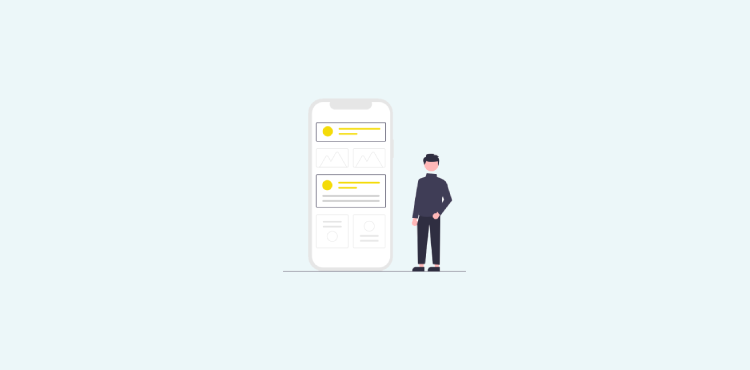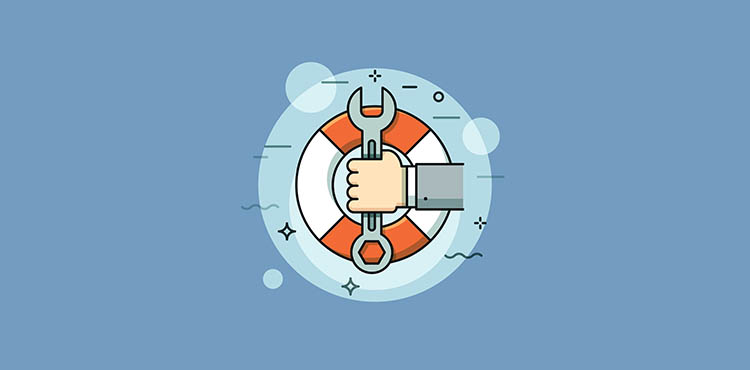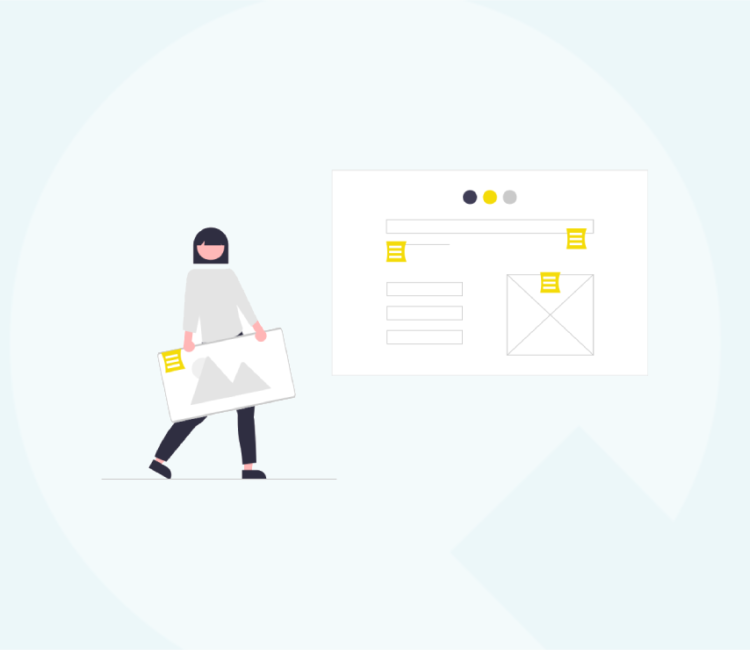In this article, we’ll explore how AI tools and techniques can be used in HR management to streamline the processes and activities. Continue reading to learn more.
Are you fed up with slow and boring HR procedures? AI tools and techniques can revolutionise HR management, making it faster, more efficient, and smarter.
Picture a world where recruitment, performance tracking, and career development are all assisted by cutting-edge technology.
But that’s just the beginning. At the end of this article, we’ll explore some incredible and futuristic possibilities that AI can bring to HR.
AI tools in HR management
Imagine a world where HR activities are performed with lightning speed and effortless precision. That’s the power of AI tools in HR management.
With AI writing assistants, job descriptions can be crafted with ease, recruitment and talent acquisition processes can be streamlined, and workforce planning and analytics can be done with precision.
AI tools are revolutionising the HR industry by significantly improving the speed and quality of HR activities. Whether you’re looking to attract top talent, manage your workforce, or analyse HR data, AI tools have got you covered.
AI writing tools for job descriptions
Creating job descriptions and writing career pages is already changing today. Recruiters and HR professionals are using the AI writers more and more to write more comprehensive and more creative job descriptions.

The best AI writing tools use natural language processing and machine learning algorithms to write professional and attractive-looking job descriptions.
By analysing existing job descriptions and career pages, these AI tools can rewrite the content that is optimised for readability and search engines. And better optimised for SEO.
What is more, these tools can suggest content updates in real-time. This ensures that job descriptions and career pages remain up-to-date and relevant. For example, in the event that a candidate is hired and the position has been filled.
These tools really help to save time, increase efficiency, and enhance the quality of the job applications.
Recruitment and talent acquisition tools
AI recruitment and talent acquisition tools are designed to streamline and automate the process of attracting, sourcing, and selecting new talent for an organisation. Some popular AI tools are resume parsers, and applicant tracking systems.
Job portals provide a platform for job seekers to search for and apply to job openings, while resume parsers automate the process of extracting particular key information from resumes.
These AI systems can filter resumes based on certain criteria. This helps recruiters to automate resume screening and interview scheduling. As a result, these tools help HR professionals save time, reduce manual errors, and make more informed hiring decisions.
Workforce planning and analytics tools
Workforce Planning and Analytics tools are a big deal in the world of HR. These tools use AI to analyse mountains of employee data and give organisations a ton of valuable insights.
For example, they can help you figure out why employees are leaving, how engaged your employees are, and what skills your workforce might be lacking.
Employee turnover analysis
This type of analysis is all about finding out why employees are leaving the company.
For example, if a lot of employees are leaving because of a certain manager, that’s a red flag that something needs to change. This data can help us understand the reasons behind employee turnover.
Employee engagement analysis
Employee engagement is all about how satisfied and committed employees are at their workplace.
For example, if employees are saying they don’t feel heard or supported, it’s a sign that the team lead or the managers need to change the support structure.
Skill gaps analysis
This type of analysis helps organisations figure out what skills their workforce is lacking, so they can invest in training and development of employees.
For example, if a company wants to expand into a new market, it might need employees with different skills to make that happen. By first analysing what are the skill gaps, HR can outline which training programs to implement.
With all of this information, HR departments can make smarter decisions to reduce employee turnover, boost employee engagement, and build a more skilled workforce.
It’s all about using data to drive performance and support the long-term success of the organisation.
AI techniques in HR management
Using AI techniques is especially valuable for large organisations with a thousand of employees. In fact, the more employees, the more benefits the employer can reap from using AI techniques.
In these organisations, it can be difficult to keep track of everything going on with employees, including their performance, satisfaction, and career goals.
With AI, these organisations can gain a much better understanding of their employees, allowing them to make data-driven decisions that support the success of their workforce.
Additionally, AI can automate many routine HR tasks, freeing up HR professionals to focus on higher-level initiatives that support employee success and drive organisational performance.
In short, if you’re a large organisation with many employees, AI in HR is definitely worth exploring. It has the potential to help you better support your workforce and drive performance.
Below are some AI techniques you can put to use in your HR department.
Predictive analysis
AI techniques are transforming HR management by providing organisations with valuable insights and predictions about their workforce.
Predictive analysis, for example, uses machine learning algorithms to analyse vast amounts of employee data.
Predictive employee retention helps organisations to identify employees who are at risk of leaving, so they can take action to retain them.
Predictive employee satisfaction helps organisations to identify employees who are likely to be dissatisfied, so they can address any issues before they become bigger problems.
To insert this paragraph at highlighted section: predictive employee attendance helps organisations monitor employee schedules, time-off requests, and attendance records in order to detect patterns in attendance data, allowing HR professionals to identify and address attendance issues in real-time.
Predictive workforce planning helps organisations to plan for their future workforce needs by predicting areas where they might need to invest in training, development, or recruitment.
By using these AI techniques in HR management, organisations can make informed decisions, drive performance, and support the long-term success of their workforce.
Utilising machine learning
Machine learning is changing the game in HR management, giving organisations a new level of insight into their employees.
Imagine being able to understand different employee groups for a large corporation that employs thousands of people. With the help of AI and machine learning algorithms, HR can analyse data about employee behaviour, performance, and engagement.
Based on this analysis, the company can identify different employee groups such as top performers, employees who are at risk of leaving, and those who might benefit from additional training and development.
Armed with this information, HR can tailor its strategies to better support each group.
For top performers, HR might offer additional recognition and rewards. While for those at risk of leaving, HR might focus on improving work-life balance or providing additional resources and support.
By understanding and tailoring HR strategies to meet the needs of different employee groups, companies can foster a more engaged, productive, and satisfied workforce.
That’s what machine learning can do through employee segmentation. And it doesn’t stop there. With machine learning, you can also provide personalised career development plans for each employee based on their skills, interests, and career goals.
This helps employees reach their full potential and supports the overall success of the organisation.
So, if you’re looking to revolutionise the way you support and manage your workforce, Machine Learning is definitely worth considering.
Challenges and limitations of AI in HR management
AI in HR management is a powerful asset, but it’s not without its challenges and limitations in HR ethics.
One of the biggest concerns is bias and discrimination. AI algorithms can perpetuate and amplify existing biases, so it’s important to be vigilant and make sure the data being fed into the algorithms is free from bias.
Another big issue is data privacy concerns. With all the data being collected, it’s important to make sure employees’ personal information is protected and used in accordance with privacy laws.
Finally, there’s always a risk of resistance to change. People can be resistant to new technologies, especially when it comes to something as personal as their careers.
It’s important to communicate the benefits of AI in HR management and address any concerns employees might have to get everyone on board.
Despite these challenges, AI in HR management has the potential to revolutionise the way organisations manage their workforce and support the success of their employees.
Future of AI in HR management
The future of AI in HR management is looking pretty wild and exciting.
We’re already starting to see the power of predictive HR analytics, which can help organisations make data-driven decisions about everything from employee retention to workforce planning.
And as AI technology continues to advance, we’re likely to see more and more routine HR tasks automated, freeing up HR professionals to focus on higher-level initiatives that really make a difference.
But that’s just the start. In the future, AI has the potential to revolutionise the way we approach HR services. For example, making them more personalised and tailored to each individual employee.
Imagine being able to receive customised career development plans and performance feedback, all powered by AI.
Imagine a future where future HR jobs would be to scan employees’ genetic material and analyse behavioural and personality traits to give each individual the most suitable career path. It’s like a crystal ball for your career!
Picture this – you take a quick scan and within minutes, you’re presented with a personalised report that details your strengths, weaknesses, and the careers that would be the best fit for you.
It even includes job suggestions and recommendations for further training or education to help you get there.
This might sound exciting to you. Or it might sound scary.
In either case, the future of HR is looking pretty wild, and we can’t wait to see what other amazing advancements are in store.
The possibilities are endless and we’re just scratching the surface of what’s to come.
In Summary
AI is shaking things up in HR, and it’s all for the better! By using technology, HR is becoming more data-driven, efficient, and personalised.
From recruitment to performance management, and even to career development, AI is making a huge impact. With AI tools like job portals and resume parsers, finding the right talent has never been easier.
And when it comes to performance management, AI is helping us set and track our goals and receive better feedback. With the help of AI writing tools, we can now create job descriptions and career pages that really stand out.
While there are still some challenges with AI in HR, like biases, privacy concerns, and resistance to change, the future looks bright! We’re talking predictive HR analytics and even personalising HR services, including career development.
Just imagine a future where AI can scan our genetic material and analyse our personalities to give us the best career path. It’s wild, but the future of AI in HR is exciting and full of possibilities!
About the Author
Erkki Muuga is the founder of influno.com, which helps entrepreneurs, marketers and sales managers make the best decisions on the business tools to drive their businesses forward. Erkki’s background is in software product management.



